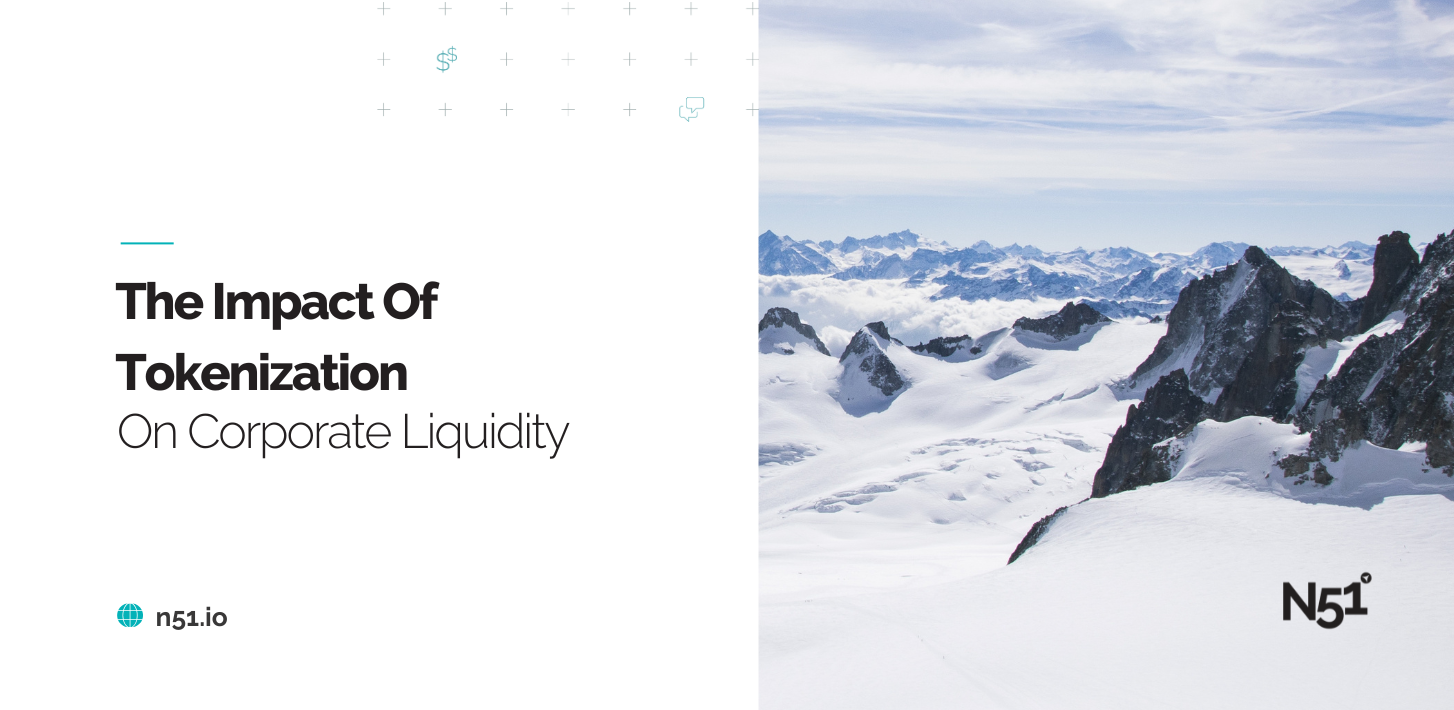The Impact of Tokenization on Corporate Liquidity

Real-world asset tokenization is revolutionizing corporate liquidity beyond mere crypto speculation. This innovation offers modern treasury functions the ability to unlock illiquid assets, accelerate settlement, and expand funding opportunities.
RWA tokenization significantly improves corporate treasury liquidity and working capital management.
Unlocking Illiquid Assets
- Fractional Ownership: Tokenization enables the fractional ownership of high-value, traditionally illiquid assets such as corporate real estate, specialized equipment, or large intellectual property portfolios. This allows companies to sell portions of an asset for immediate cash without relinquishing full control or waiting for a single large buyer, converting frozen capital into usable funds.
- Invoice Tokenization: To address delays between invoicing and cash collection, companies can tokenize invoices and sell these digital representations to investors on a blockchain-based marketplace. This provides immediate cash liquidity, significantly shortening the cash conversion cycle and optimizing accounts receivable.
Faster Settlement
- Near-Instant Settlement: Traditional asset transfers, such as real estate deeds or bond settlements, typically involve numerous intermediaries and extensive paperwork, often requiring days or even weeks to complete. In contrast, blockchain-based token transfers can settle in minutes, around the clock. This significantly enhances capital velocity and mitigates counterparty risk.
- Continuous Liquidity: The capability to trade tokenized assets 24/7 across global time zones eliminates conventional market hour restrictions, thereby providing continuous liquidity opportunities.
Expanded Funding Avenues
Tokenization broadens capital access by allowing companies to issue tokenized bonds or equity. This makes investment more accessible to a diverse range of investors, including those who may have been previously excluded due to high entry barriers or geographical limitations. It provides an alternative to traditional bank lending or equity markets, potentially offering more competitive rates through a wider investor base.
Enhanced Collateral Management
Tokenized assets offer companies greater flexibility in leveraging their balance sheet assets for short-term financing. The inherent transparency and immutability of blockchain records simplify the verification of asset ownership and value for lenders in real time, potentially releasing substantial capital currently held as idle collateral.
Furthermore, the tokenization of assets like treasury bills or money market funds (e.g., tokenized US Treasuries) provides institutional investors with liquid, yield-bearing on-chain assets. These can be directly utilized within digital finance ecosystems for collateral or payments.
Final Thoughts
The tokenization of real-world assets is transforming treasury, moving it beyond traditional cash management to actively reshape a company's balance sheet. By strategically exploring and adopting RWA tokenization, treasurers can unlock trapped value, accelerate cash flows, diversify funding, and enhance financial agility.
This journey requires collaboration between treasury, legal, IT, and external partners. While a long-term play, the fundamental benefits to corporate liquidity make RWA tokenization a compelling area for every forward-thinking treasury department to investigate. The future of corporate liquidity is increasingly digital, and tokenization is a key enabler.
Let's talk
Get in touch with us by filling the form below and one of our team members will be in touch shortly.

VERDICT.png)
RockBottom.png)
2025.png)
UPDATEAI.png)

CATL.png)
INDIACARBON.png)
INDIA.png)